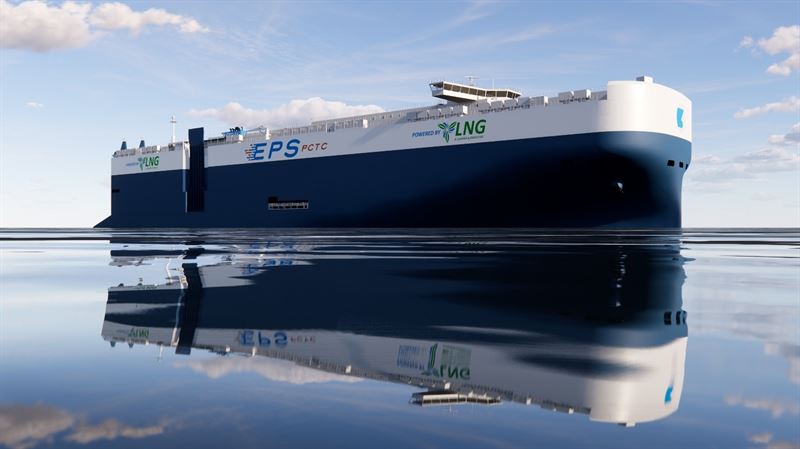The technology group Wärtsilä will supply its industry-leading hybrid propulsion system for eleven new Pure Car & Truck Carrier (PCTC) vessels. The ships are being built at the Jingling and Weihai shipyards in China for Singapore-based Eastern Pacific Shipping, a leading tonnage provider.

By opting for Wärtsilä’s hybrid solution, fuel efficiency will be optimised and emissions minimised. Furthermore, the system effectively provides future-proofing for the vessels since it has the built-in flexibility to adapt to future technology shifts. These may come in the form of alternative fuels, greater battery capacity, solar panels or fuel cell operation, all of which can easily be integrated into the Wärtsilä system.
“Eastern Pacific Shipping is committed to lowering our carbon emissions as part of the industry’s energy transition. Our decarbonisation efforts include implementing state-of-the-art efficiency-improving technologies on our newbuilds, preparing them for a zero-emissions future. We are pleased to partner with Wärtsilä on this important project as they have a like-minded approach and an outstanding track-record in hybrid systems,” says Capt. Nadim Prasad, Fleet Director, Eastern Pacific Shipping.
The Wärtsilä hybrid propulsion system to be supplied will include in-line shaft generators, converters, an energy storage system, and Wärtsilä’s unique and innovative energy management system for controlling the hybrid operations.
“Electrification takes shipping an important step forward in the voyage towards decarbonisation,” says Christian Heinsohn, General Manager, Global Sales Ship Electrification Solutions, Wärtsilä. “Wärtsilä has a leading market position in supplying vessels with hybrid propulsion systems, and we have been a pioneer in successfully delivering these systems for special and merchant vessels. This track-record was clearly a major factor in the award of this very important hybrid vessel series order.”
The 200 metre-long, 18,600 DWT vessels will be capable of carrying 7,000 cars. They are expected to be delivered commencing in 2024.